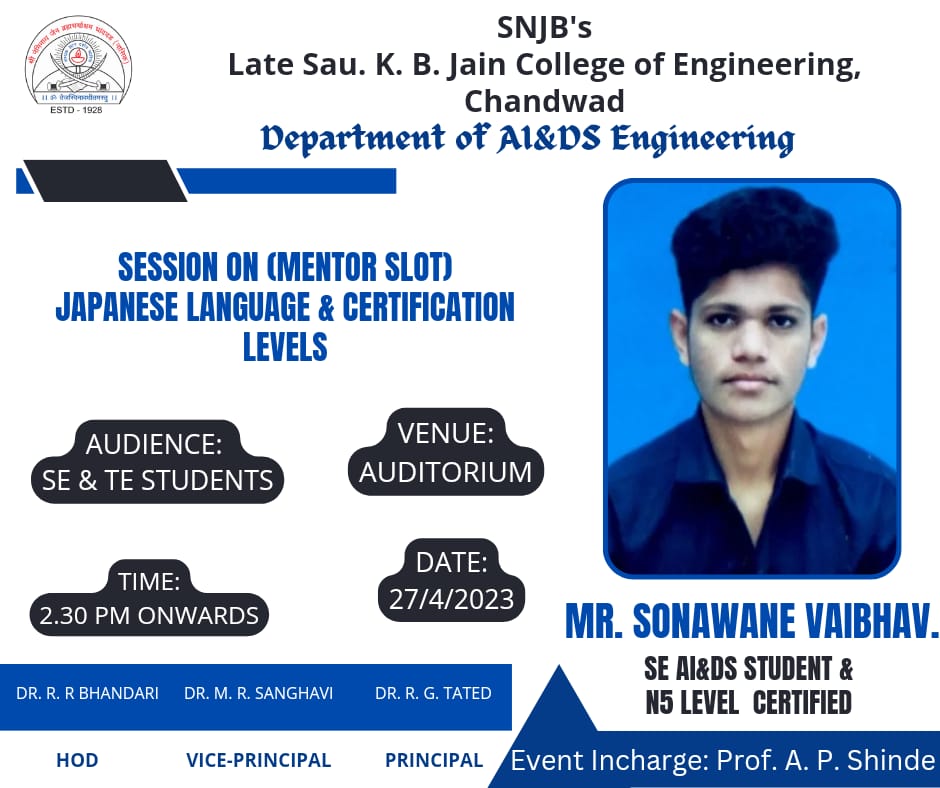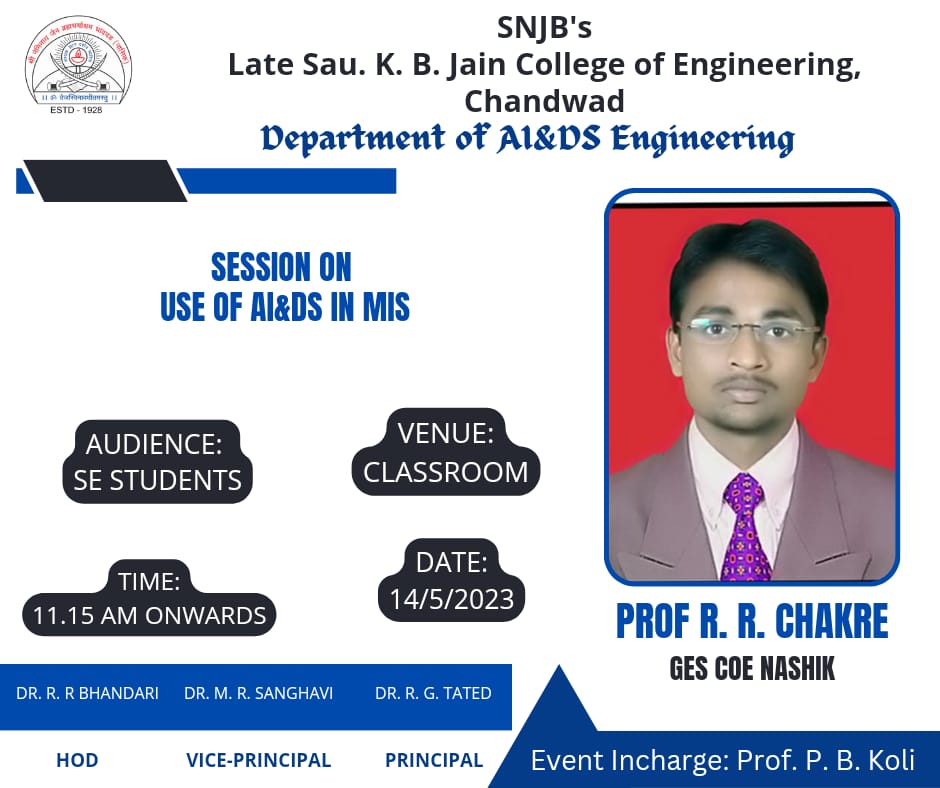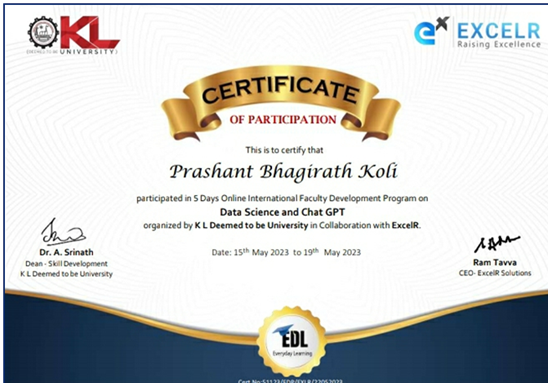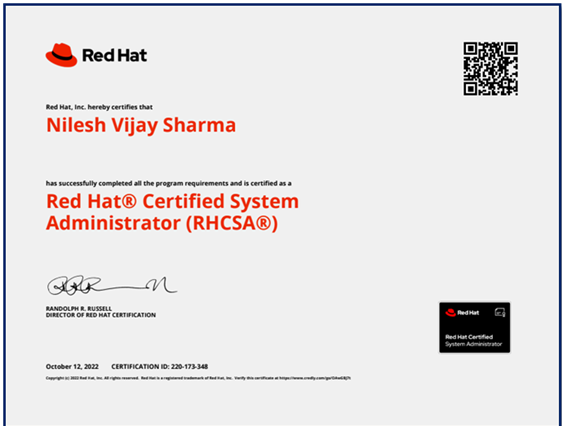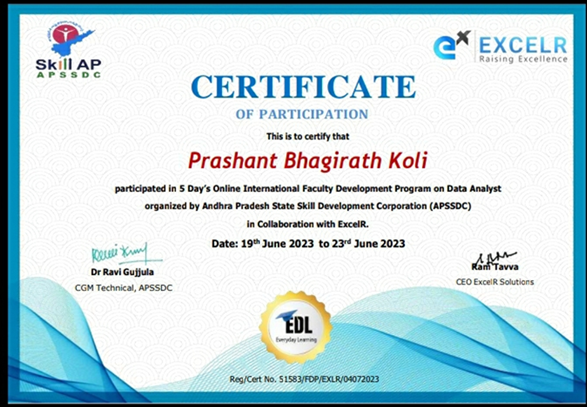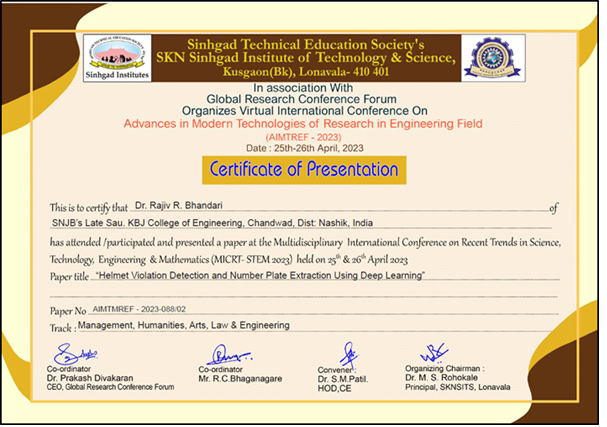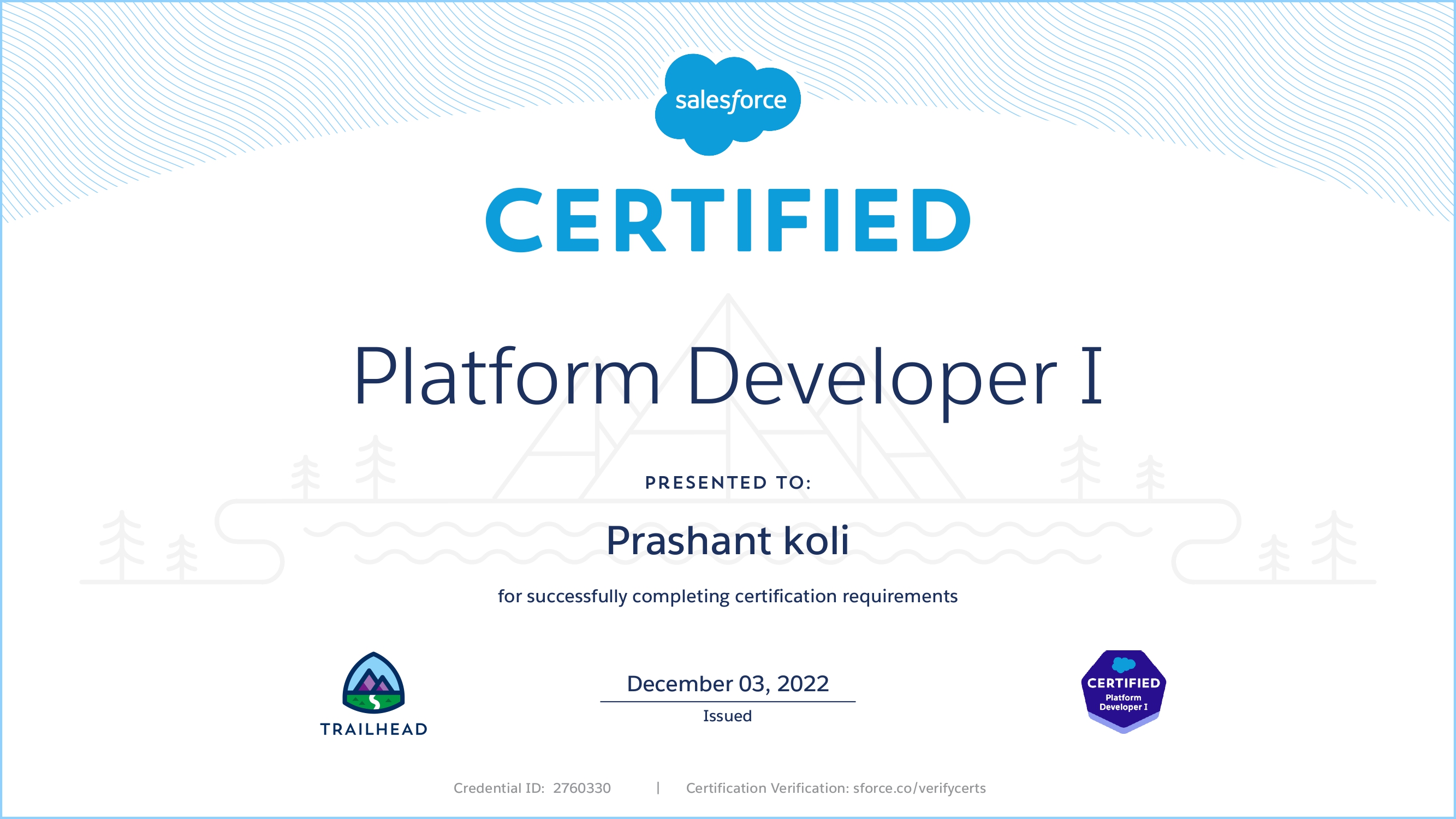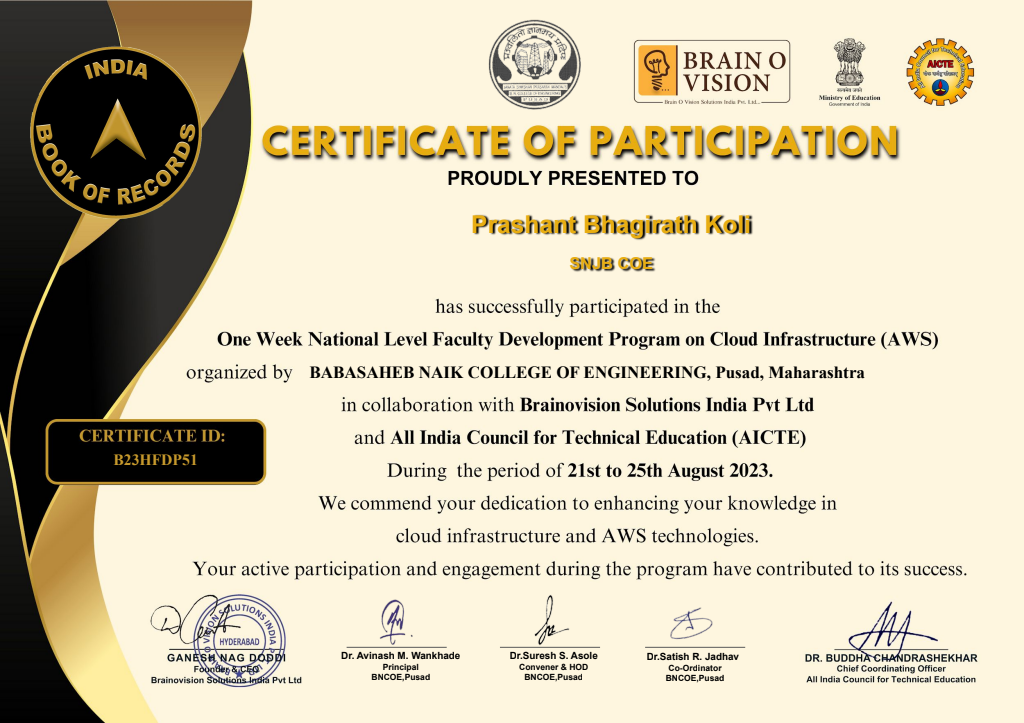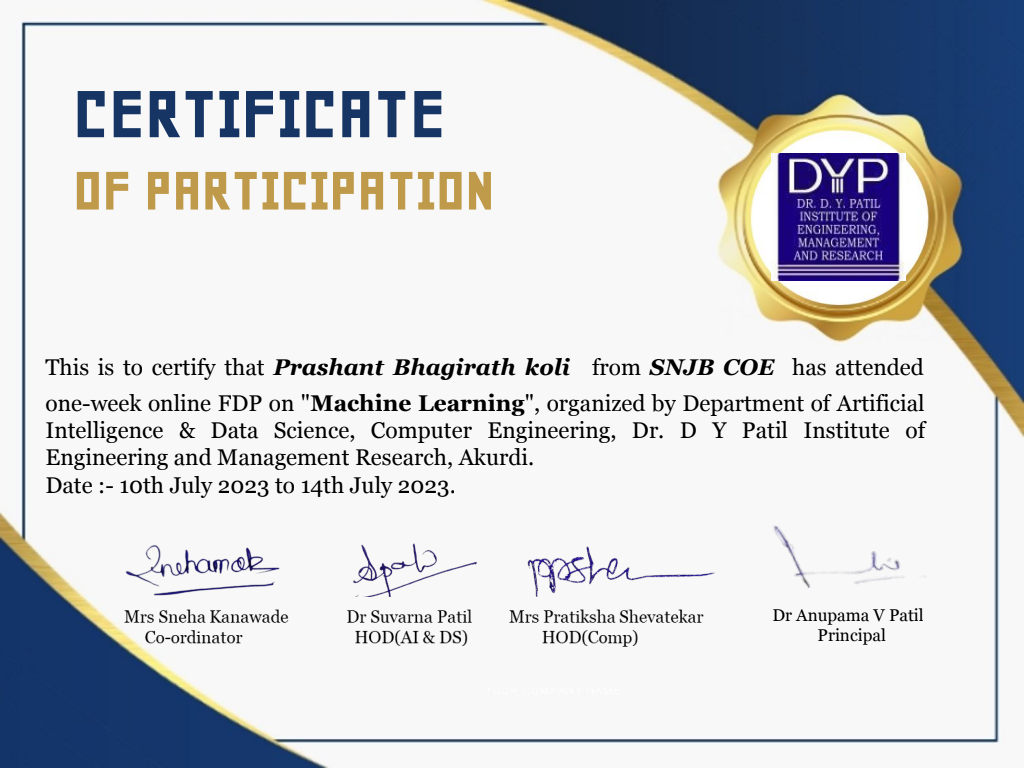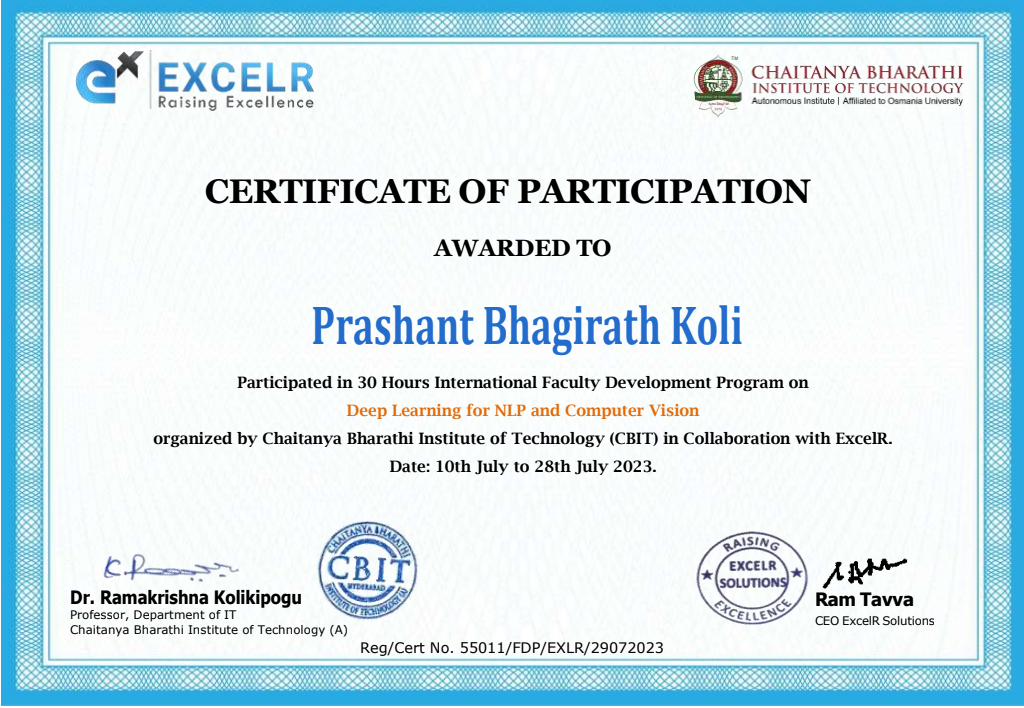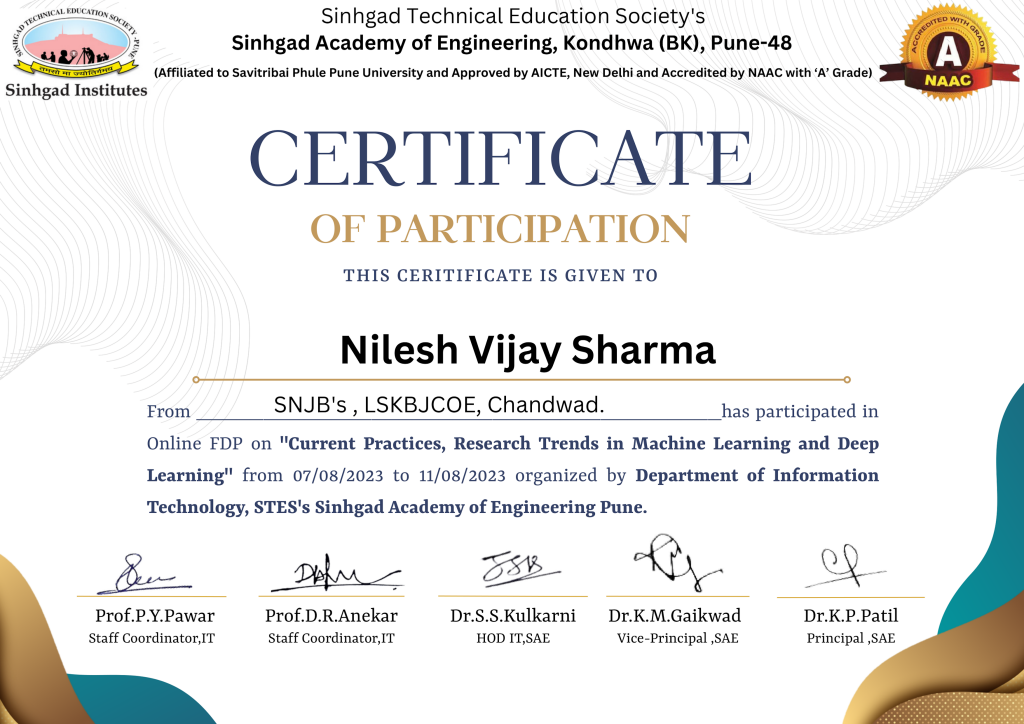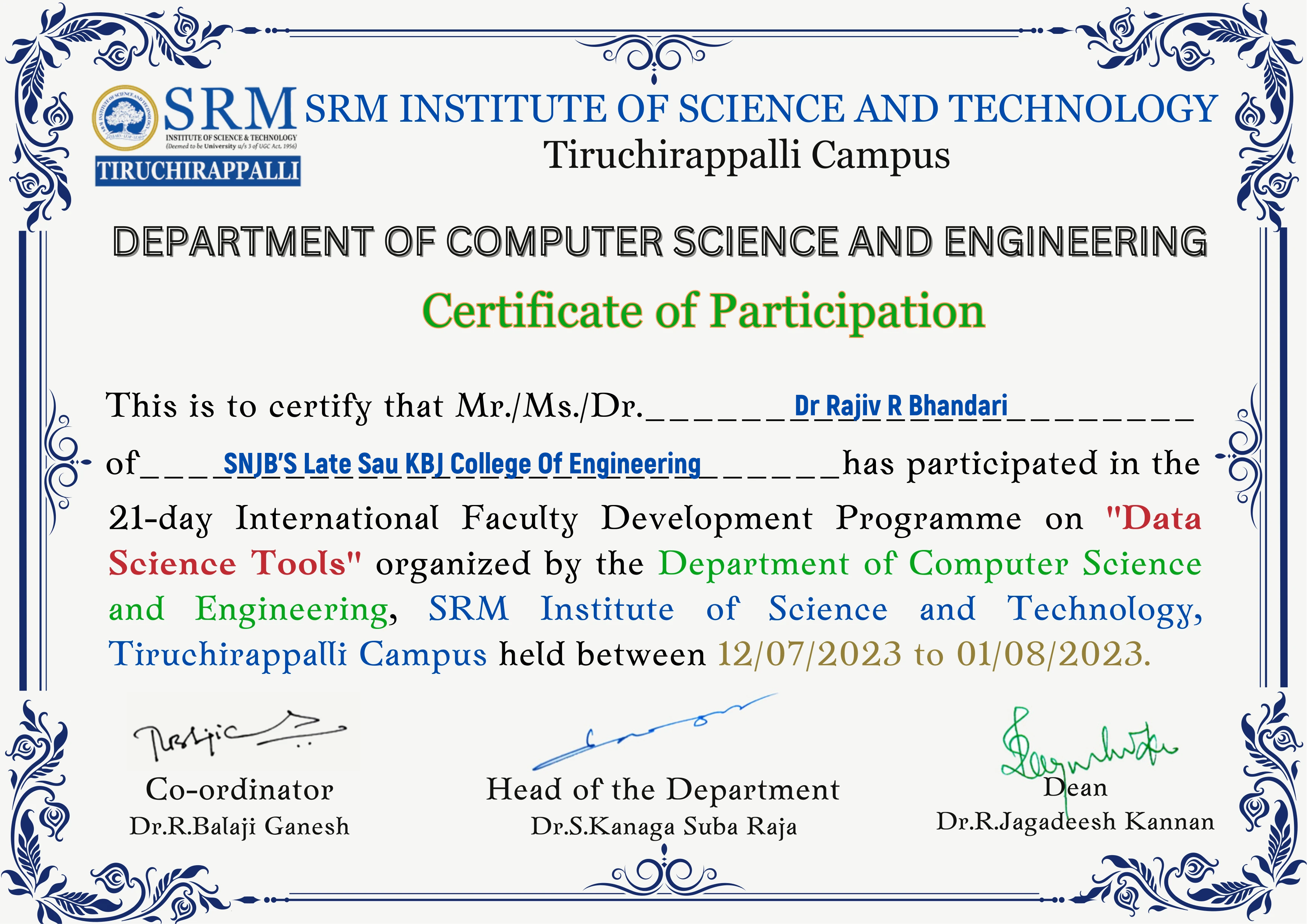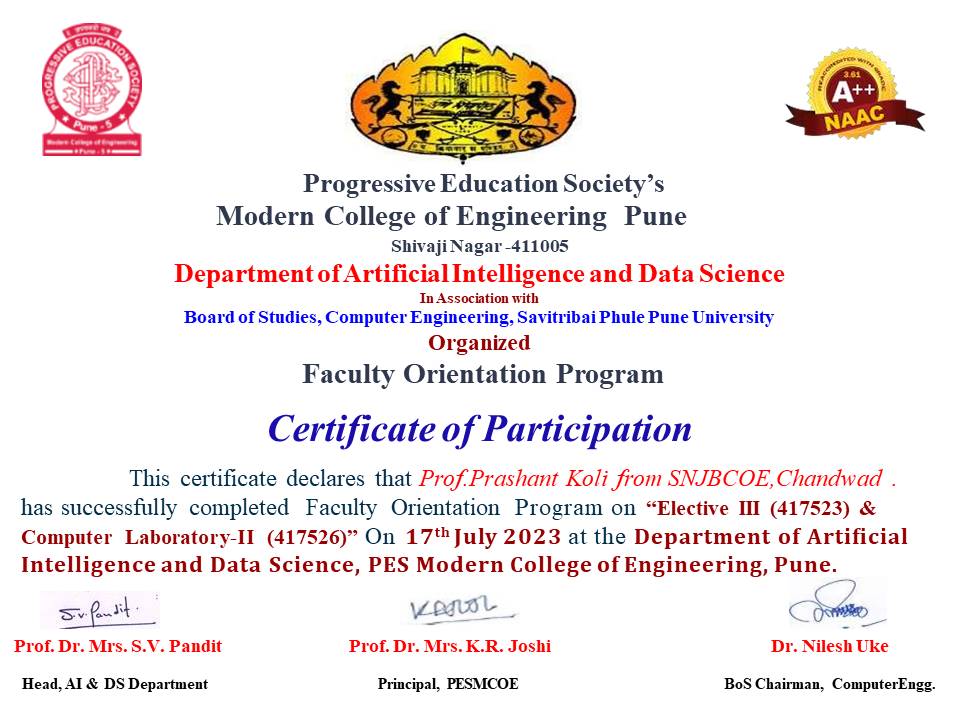- About Us
- Admissions
- Life@SNJB
- Academics
- Departments
- Vision Mission & Profile
- Laboratories
- People
- Toppers List
- Events
- Department Library
- Downloads
- Photo Gallery
- Achievement
- Artificial Intelligence & Data Science
- Civil Engineering
- Computer Engineering
- Engineering Science
- Electronics & Telecommunication
- First Year Engineering (FE)
- Mechanical Engineering
- MBA
- Student
- ICT Enabled Tools
- CO-PO Mapping
- Departments
- Placement
- Cell@SNJBCOE
- Research & IPR
- Library
- Alumni
- Accreditation


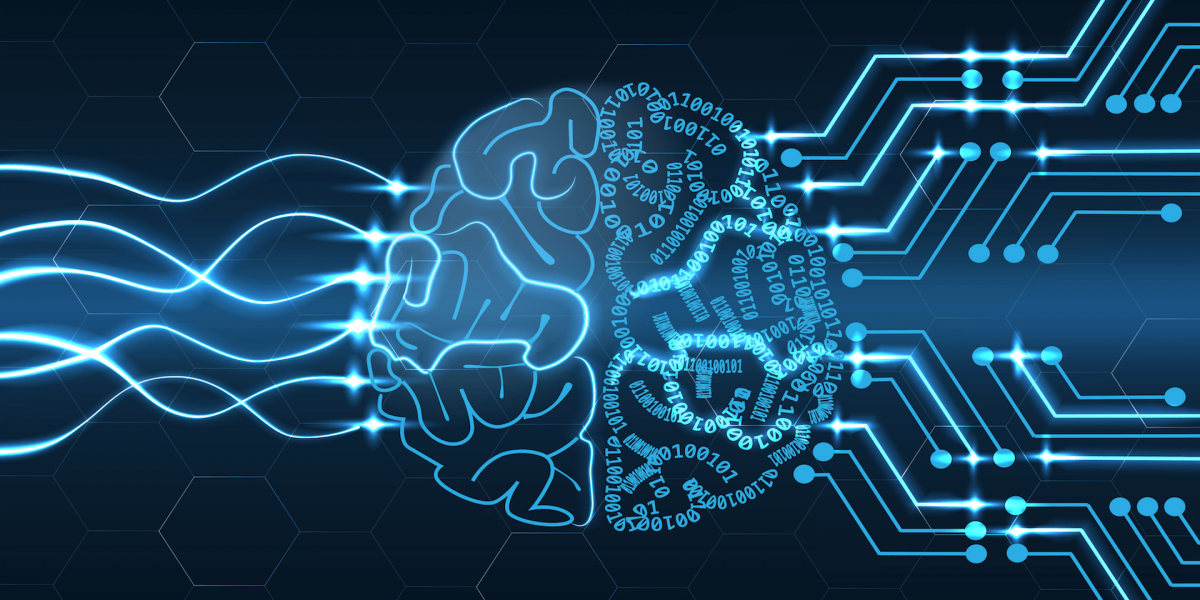
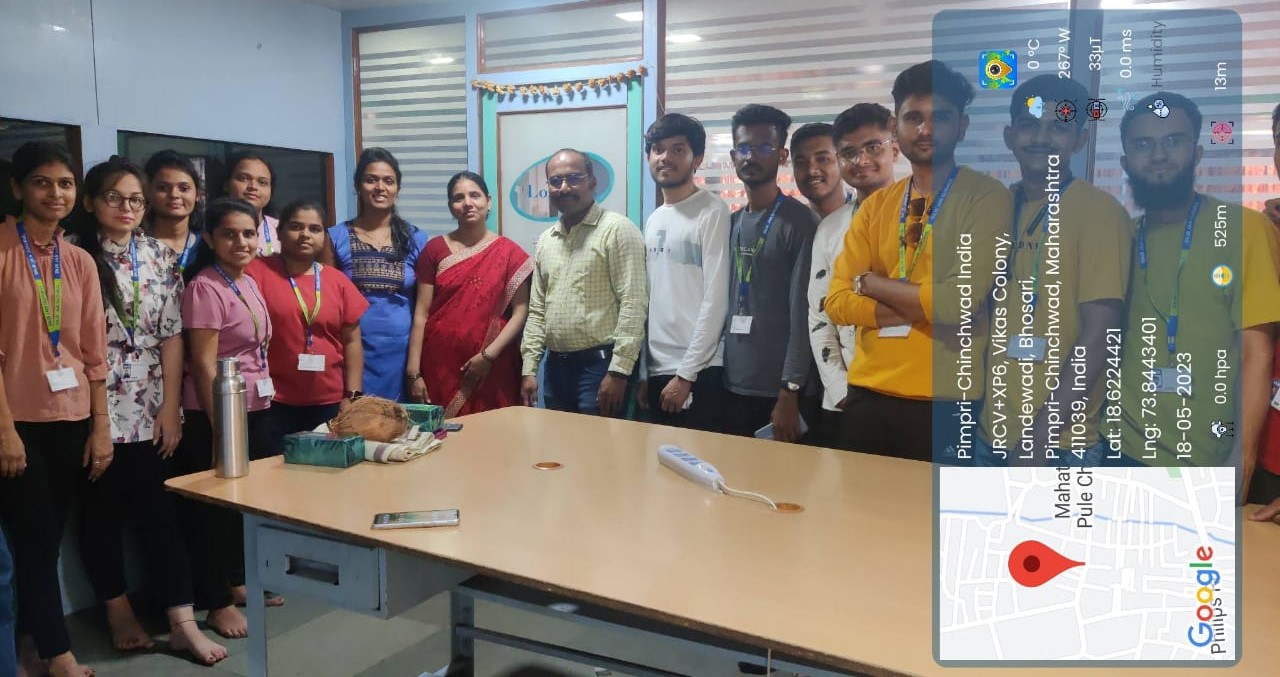
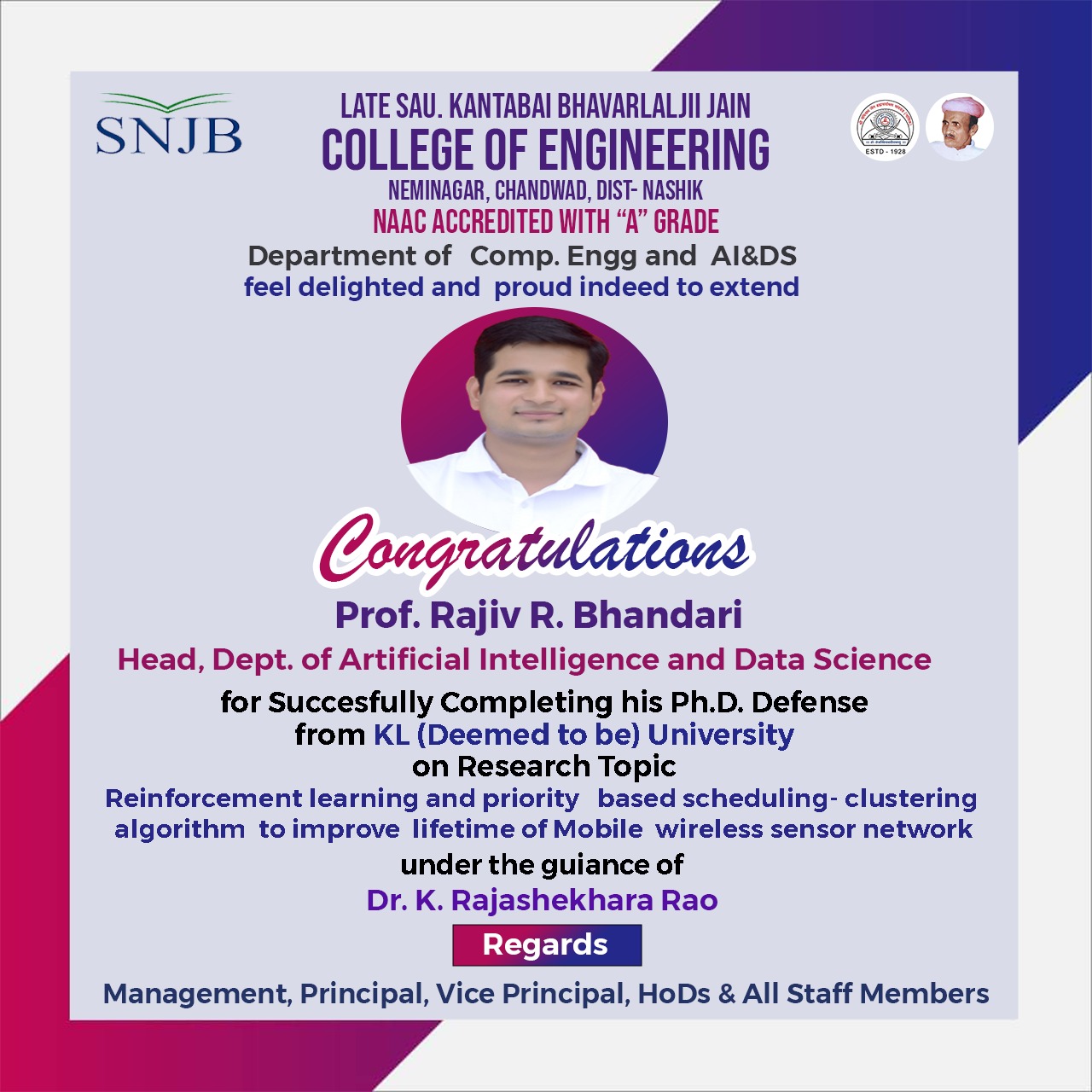
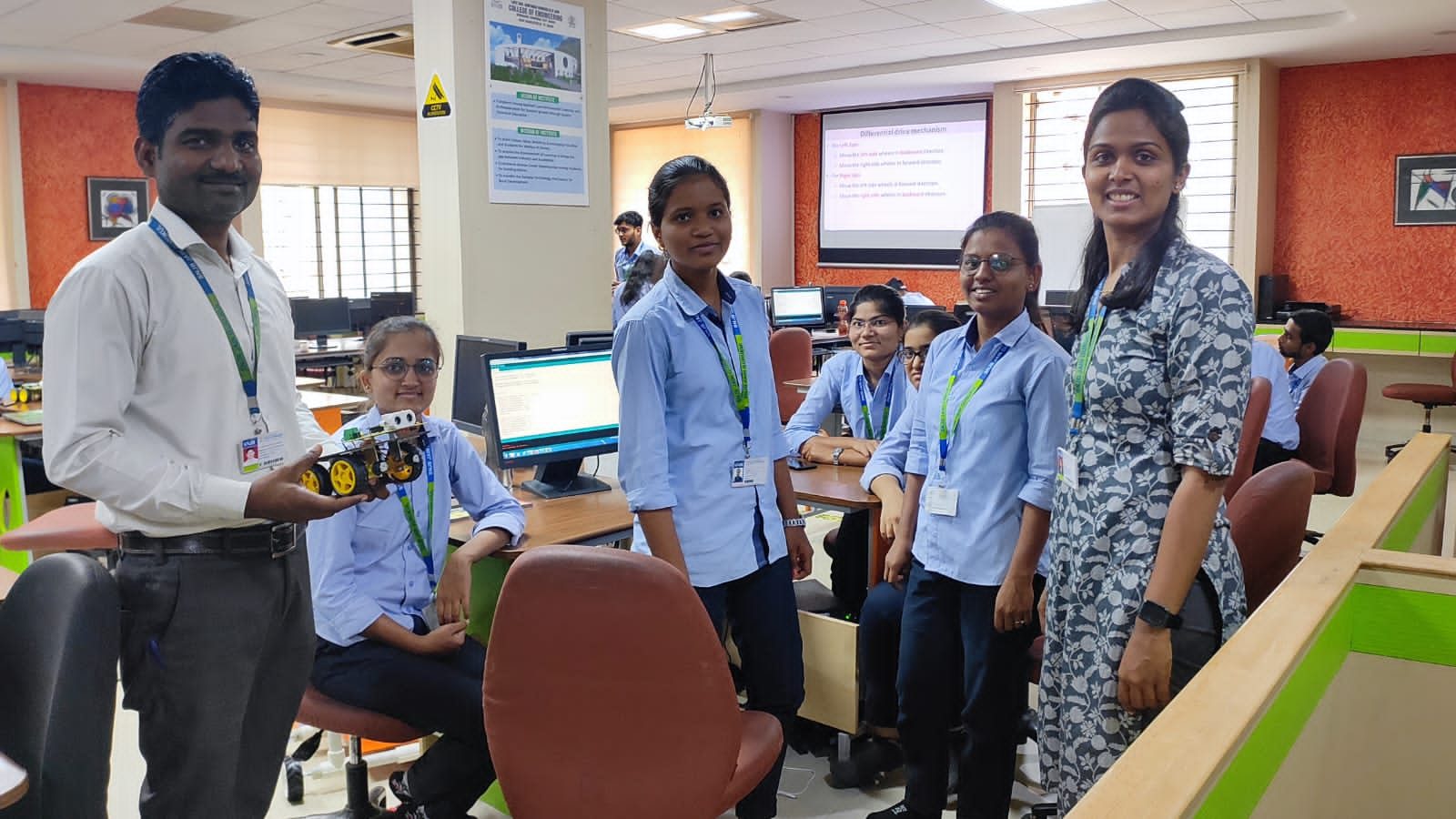
.jpeg)
